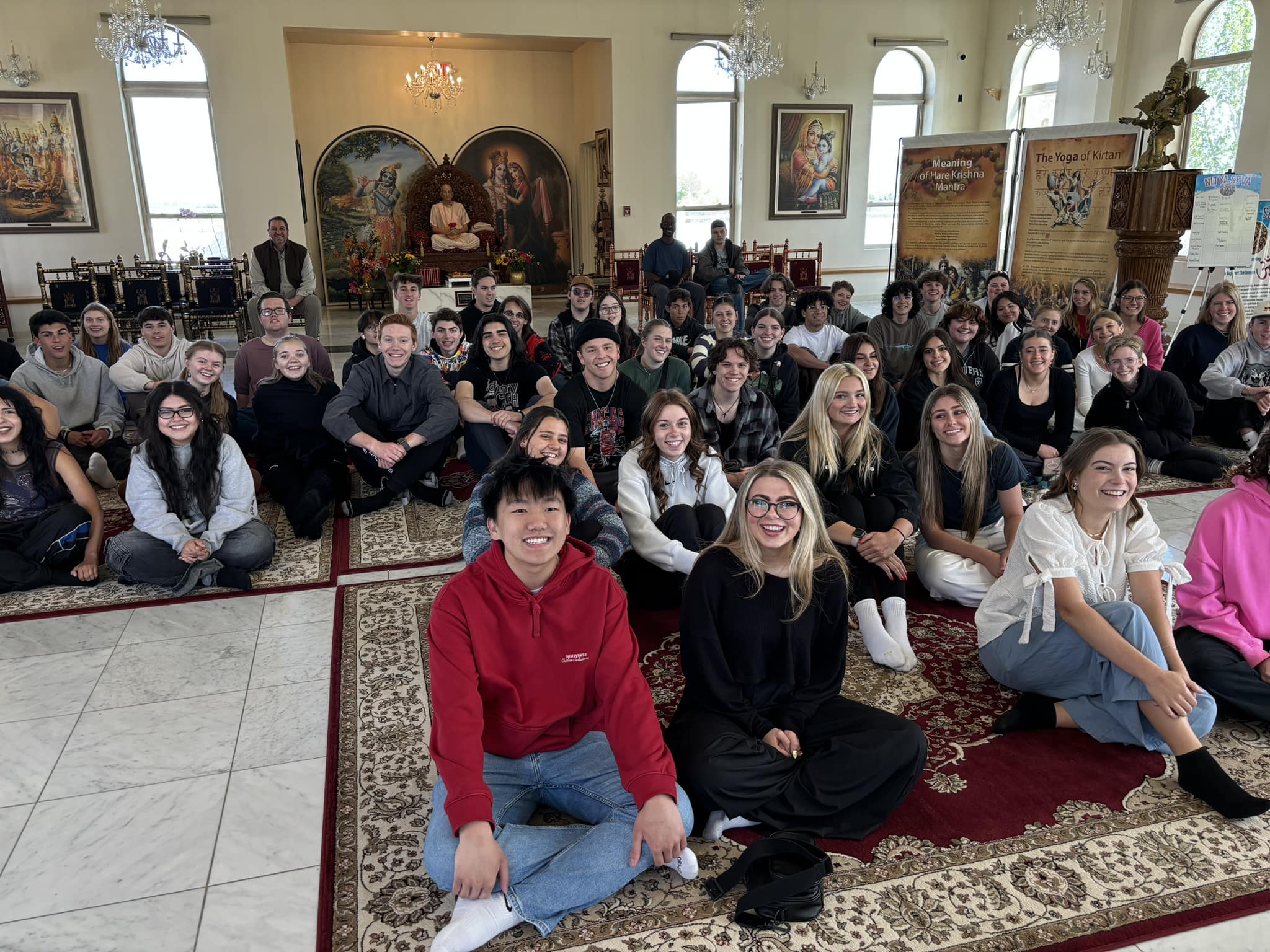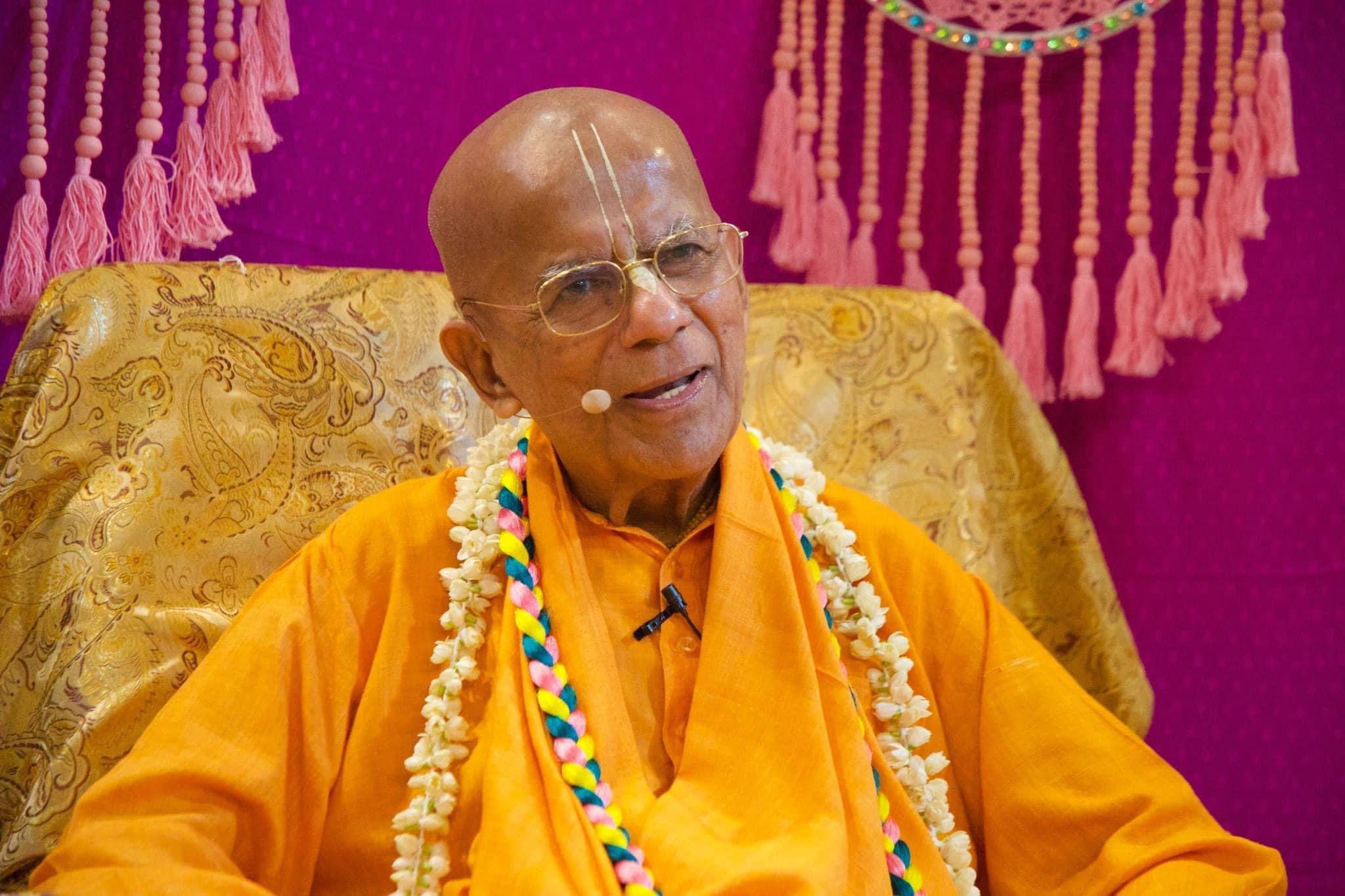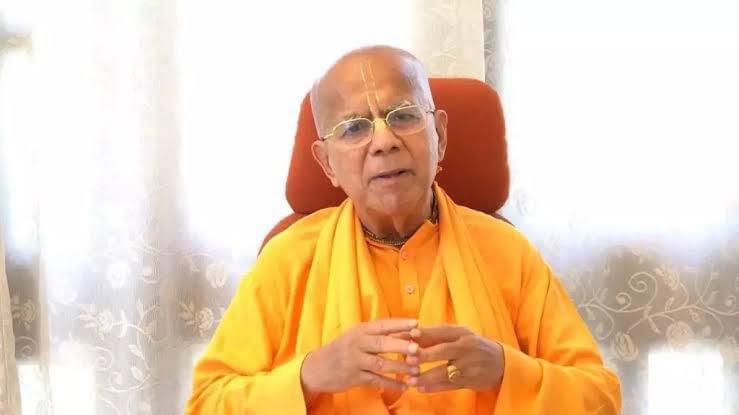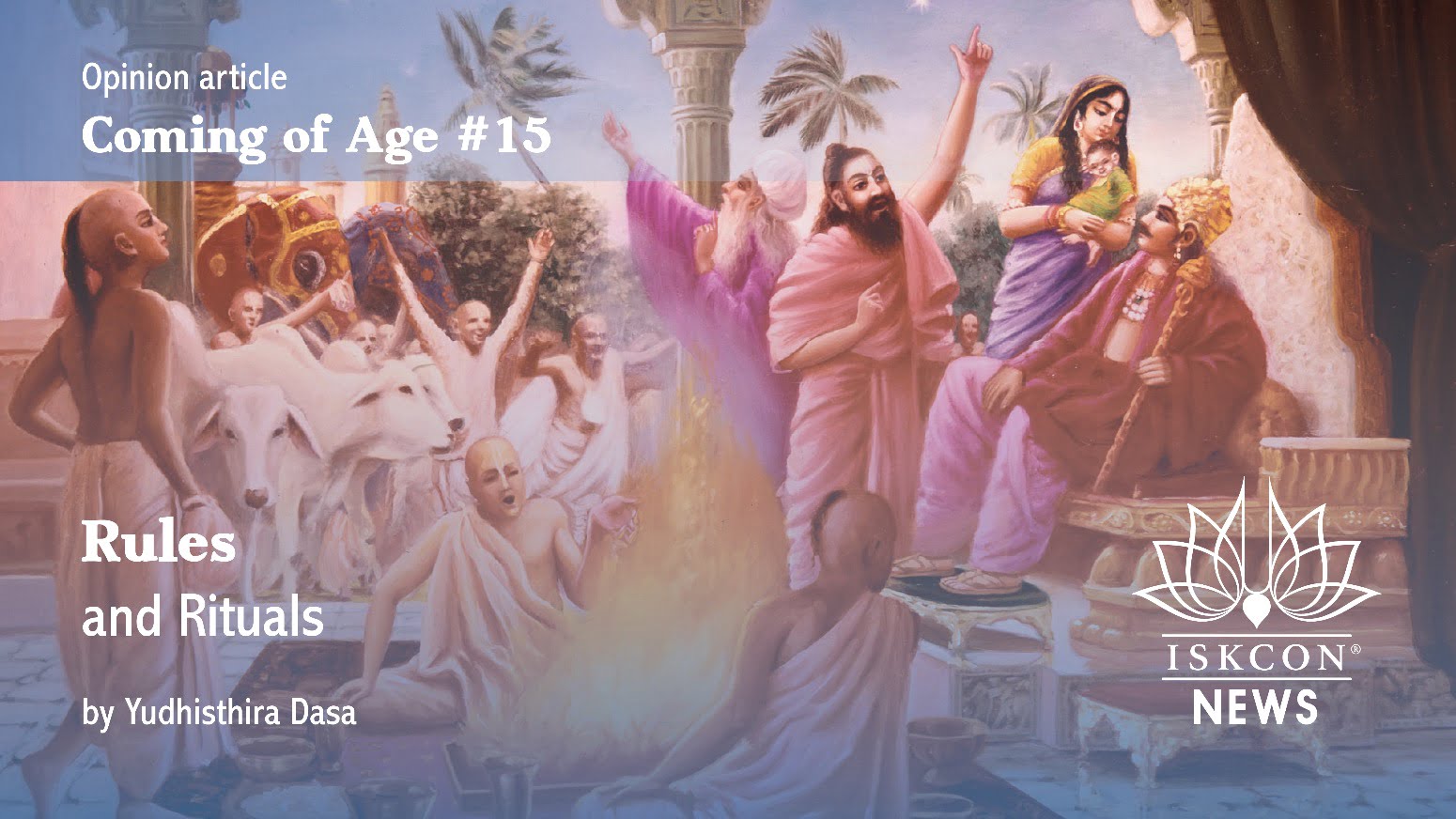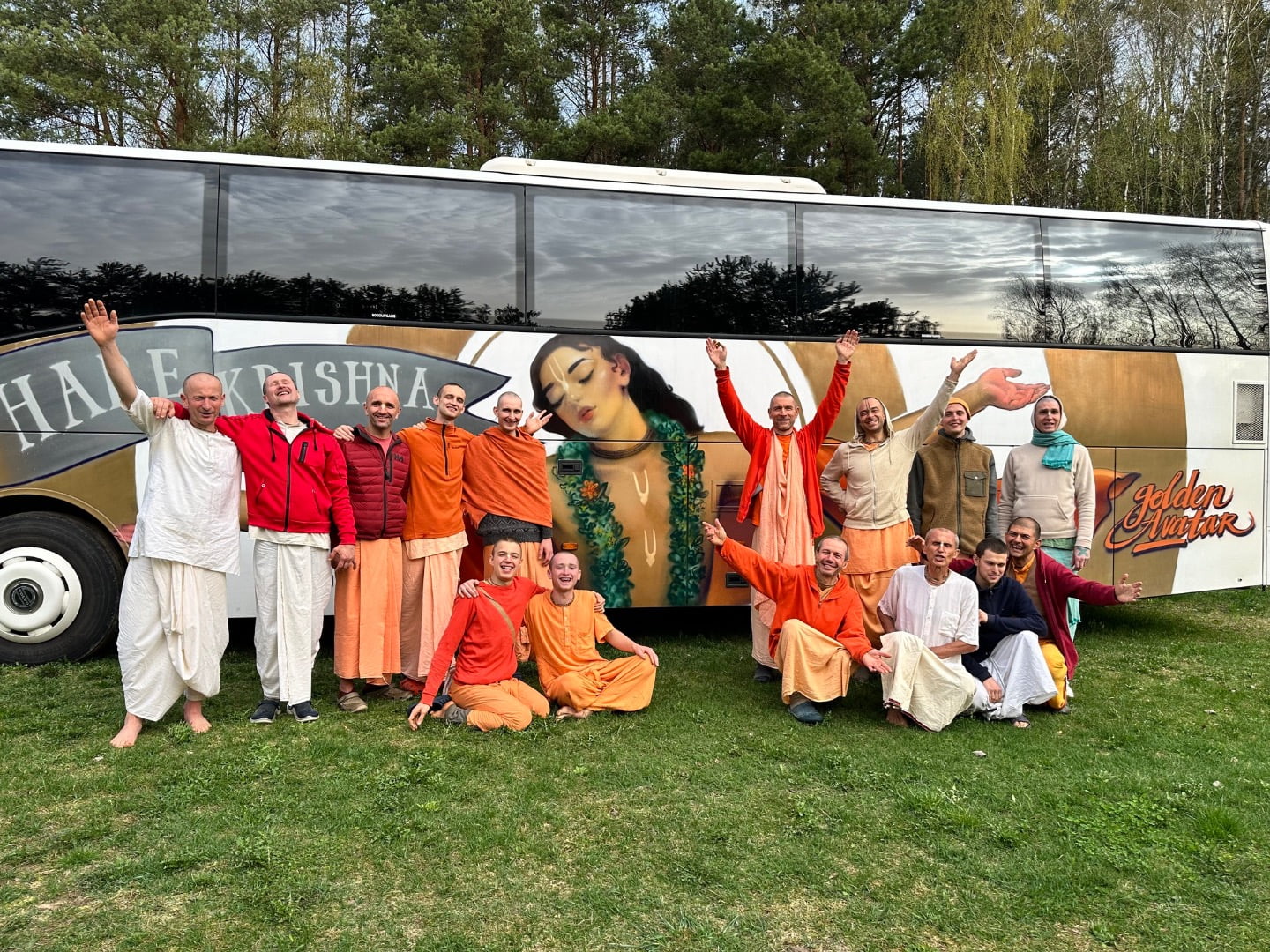George Harrison’s Spiritual Music & Yusuf Islam
By Sarva Dasa | Jul 18, 2009

A blogpost which referred to the recent music of popular Muslim musician Yusuf Islam, formerly known as Cat Stevens, got me thinking about how music is viewed within India’s religious traditions – especially my own – the Hare Krishna faith. If you’ve ever seen Hare Krishnas chanting in public, you can probably surmise our general attitude toward music! In particular, George Harrison’s story reveals why modern music with instruments like guitars, pianos or sitars, is not considered strictly taboo in our tradition.
In the 1960s, the famous guitarist, songwriter and vocalist visited India with his fellow Beatles to study meditation. Not long after that, Harrison became interested in the Hare Krishna faith and studied it personally with A.C. Bhaktivedanta Swami Prabhupada, the founder of the faith in the West. George became so serious about “Krishna consciousness” that at one point, while he was still fabulously popular, he asked Prabhupada if he should join a Hare Krishna ashram full-time and give up his music career altogether.
George’s doubt suggests that at first he was concerned about a possible conflict; could playing popular music in public compromise his devotion to Lord Krishna? Could his music, which employed instruments like electric guitars, be considered similar to what some Muslims characterize as haram, inappropriate spiritually? Prabhupada told him no: stopping his music wasn’t necessary. Rather, the swami suggested that as long as it glorifies God, George could and should continue to play music in public, even rock n’ roll.
Harrison’s famous song, “My Sweet Lord,” a prayer expressing his longing to come back to God, directly followed this instruction. In fact, in the background of that hit song, the chorus sang ‘halleliujah’ and recited the Hare Krishna mantra, Hare Krishna, Hare Krishna, Krishna Krishna, Hare Hare/ Hare Rama, Hare Rama, Rama Rama, Hare Hare. Prabhupada’s approval of employing popular music in God’s service was based on Caitanya Vaishnava theologian Rupa Goswami’s scriptural principle, yukta vairagya, ie., that things that can be used in God’s service should not be rejected in a spirit of artificial piety.
While it is fair to say that not all Hindus agree with this yukta vairagya principle to the extent that Prabhupada advocated it, elements of this same principle are common to most other world religious traditions. For instance, in the Judeo-Christian tradition, Psalm 150 declares, “Praise Him with trumpet sound; Praise Him with harp and lyre. Praise Him with timbrel and dancing; Praise Him with stringed instruments and pipe. Praise Him with loud cymbals; Praise Him with resounding cymbals. Let everything that has breath praise the LORD.”
And despite the fact that some classical Islamic scholars banned nearly all musical instruments for Muslims except percussion ones, not all those who follow Islam necessarily believe that popular music – with guitars such as was performed by George Harrison and often by Yusuf Islam – should be forbidden.
Javed Aslam, a Muslim blog commenter, wrote, “Music can be depressing or uplifting, sad or happy, enlightening or mischievous, freeing or enslaving, soothing or irritating, and yes it can be downright ugly and sinful. So can be speech. So can be the written word. Interestingly, it is not the musical instrument that makes music one or the other. Words alone can be made as sinful as you like. Islam requires us to differentiate the good from the bad and to accept the good and shun the bad. That applies to speech as well as music. Islam does not ask us to throw away the baby with the bath water.” This statement is in basic agreement with India’s philosophy of yukta vairagya.





